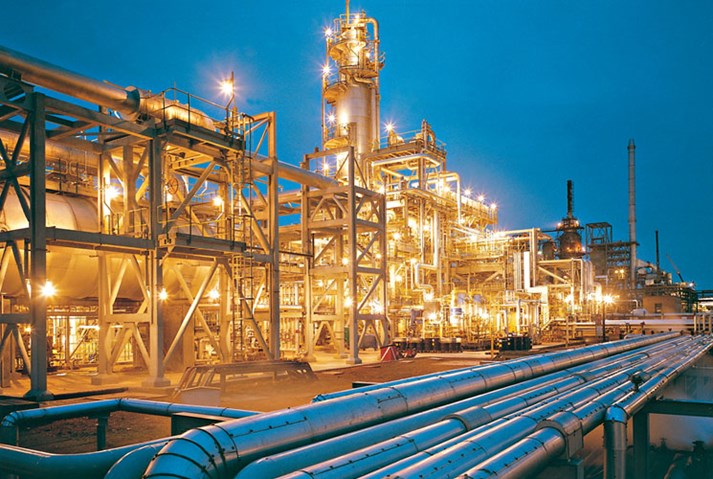In the high-stakes world of petrochemical production, where temperatures soar and corrosive environments are the norm, the choice of thermal insulation and refractory materials is not merely a operational detail—it’s a cornerstone of safety, efficiency, and profitability. Among the leading names in this critical sector, Rosewool has emerged as a trusted provider of cutting-edge solutions tailored to the unique demands of the petrochemical industry.
The petrochemical industry operates in some of the harshest environments on Earth. Reactors, distillation columns, pipelines, and storage tanks are routinely exposed to:
Traditional insulation materials often fail under these conditions, leading to energy waste, equipment degradation, and safety risks. Rosewool’s advanced refractory and insulation solutions are engineered to thrive in such environments, ensuring consistent performance and longevity.

Rosewool’s proprietary formulations, including ceramic fibers and high-purity silica-based composites, maintain structural integrity at temperatures up to 1,600°C. This stability minimizes heat loss, reduces energy consumption, and prevents thermal shock—a common cause of equipment failure.
Petrochemical plants handle aggressive chemicals daily. Rosewool’s materials resist acid attacks, alkali exposure, and hydrocarbon penetration, extending the lifespan of critical infrastructure while reducing maintenance costs.
Unlike heavy traditional refractories, Rosewool’s lightweight designs simplify installation and reduce structural load on equipment. Despite their low density, these materials withstand mechanical abuse and vibration, ensuring reliability in demanding applications.
By preventing heat dissipation, Rosewool insulation lowers fuel consumption in furnaces and boilers. Studies show that optimized thermal management can reduce energy costs by up to 30% in petrochemical facilities—a critical factor in an industry with tight margins.
In ethylene crackers and catalytic reactors, Rosewool’s low-thermal-mass linings enable rapid heating and cooling, improving process efficiency and product yield.
Rosewool’s flexible insulation jackets and modular panels prevent condensation, corrosion under insulation (CUI), and freeze damage in pipelines transporting crude oil, LPG, and chemicals.
High-alumina Rosewool blankets and modules reduce furnace skin temperatures, protecting personnel and adjacent equipment while maintaining optimal combustion efficiency.
In waste heat recovery units, Rosewool’s acid-resistant modules withstand low-pH condensate, ensuring long-term durability in harsh exhaust environments.
Petrochemical plants face stringent safety regulations, including NFPA, API, and OSHA standards. Rosewool’s non-combustible, asbestos-free materials meet global safety certifications, reducing fire risks and liability. Their low-shrinkage properties also prevent gaps that could trap flammable vapors.
As the industry embraces decarbonization, Rosewool’s eco-friendly insulation contributes to:
Leading global players in petrochemicals—including companies in the Middle East, Asia, and North America—rely on Rosewool for:
In an industry where downtime can cost millions per hour, Rosewool’s insulation and refractory materials are not just products—they are strategic assets. By prioritizing durability, energy efficiency, and safety, Rosewool empowers petrochemical operators to achieve higher productivity, lower costs, and a smaller environmental footprint.